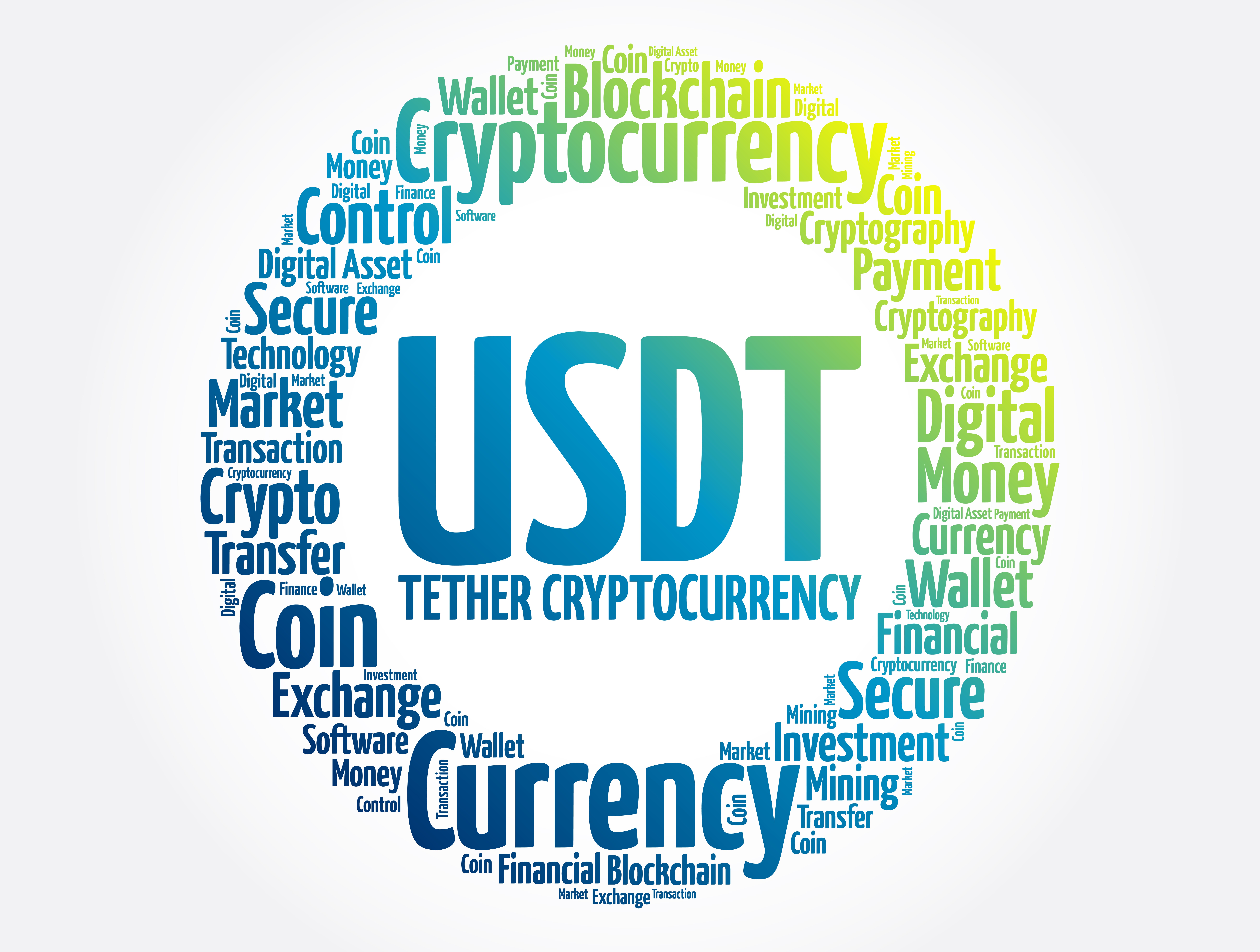Tether to Freeze Assets in Bid to Block Venezuelan Attempts to Sidestep Oil Sanctions

- Tether said it will work with authorities in the US to freeze USDT wallet addresses linked to the Venezuelan state-run oil company PDVSA.
- This move follows a report from Reuters that PDVSA plans to increase its use of USDT to try to evade US sanctions imposed on the South American nation.
Tether, the issuer of the USDT stablecoin, said it will work with the US government to block addresses linked to sanctioned entities following a Reuters report that Venezuela’s state-run oil company, PDVSA, plans to increase its usage of the cryptocurrency to sidestep US sanctions.
The US Treasury Department has told US-based customers and suppliers of PDVSA they have until May 31 to end their transactions with the Venezuelan company. The transactions had previously been permitted under a general licence, but that licence will not be renewed by the US government because of the Venezuelan government’s failure to implement electoral reforms.
Related: Tether Moves Against ‘Terror and Warfare’ – Freezes Almost $ 900k In Crypto Assets
Sanctions To Make Exports Harder For Venezuela
According to Reuters’ anonymous source, the new US sanctions will make it harder for Venezuela to increase its oil exports because US businesses will now need to apply for individual licences to transact with PDVSA.
To try to get around these sanctions and avoid funds being frozen, the source claims PDVSA intends to further increase its usage of USDT. The source also claims that PDVSA has recently amended its spot oil contracts to require all potential customers to hold USDT in a digital wallet and to prepay for exported oil using USDT.
In response, Tether has said it will work with US authorities to freeze wallet addresses linked to PDVSA, telling Reuters in an email that it respects the US sanctions list and “is committed to working to ensure sanction addresses are frozen promptly.”





